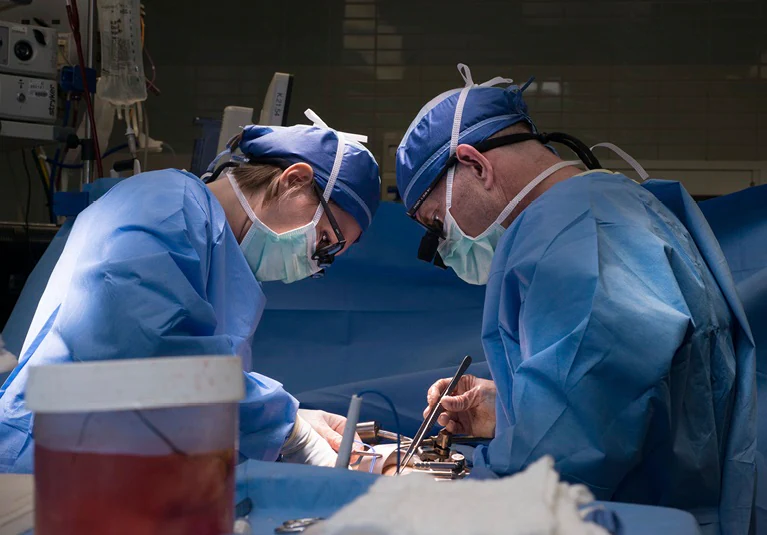A kidney transplant is a surgical procedure where a healthy kidney is transplanted into a patient with kidney failure or end-stage renal disease. This procedure is typically considered for patients who have failed other treatment options such as dialysis. While kidney transplant surgery has been proven to be an effective treatment for kidney failure, it is important to recognize that there are potential complications that can occur during or after the surgery. In this blog, we will discuss some of the potential complications of kidney transplant surgery and how to manage them.
Complications During Surgery:
Complications After Surgery:
After the surgery, there are also potential complications that can occur. One of the most common complications is rejection of the transplanted kidney. Rejection occurs when the body’s immune system identifies the new kidney as foreign and attacks it. Signs of rejection include decreased urine output, fever, swelling, and tenderness in the area of the transplant. If rejection is suspected, a biopsy may be necessary to confirm the diagnosis. Rejection can be managed with medications that suppress the immune system, but it is important to monitor for potential side effects of these medications.




